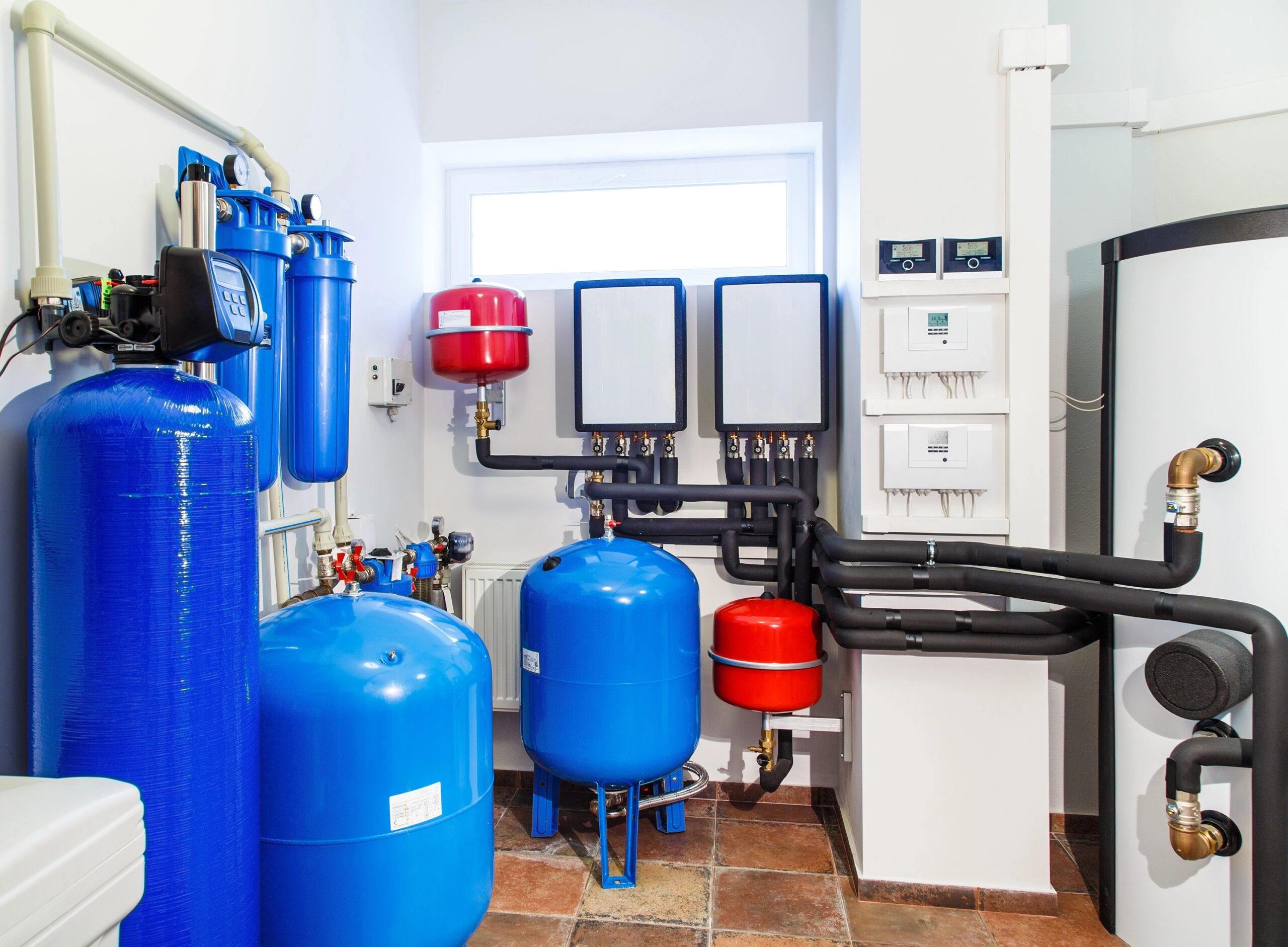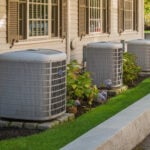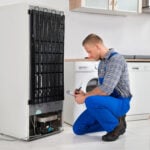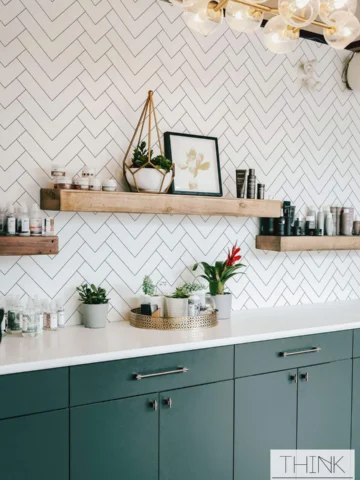
Heat pumps are often presented as the future of home heating and cooling—sleek, efficient, and lower in carbon emissions than traditional systems. But beyond the headlines and incentives, many homeowners are asking a practical question: how long do heat pumps actually last? Because while they may be energy-efficient and increasingly common in new builds, they’re still a major investment. And no one wants to replace theirs prematurely.
What Affects the Lifespan of a Heat Pump?
Disclaimer: this post may contain affiliate links, and every purchase made through these links will give me a small commission (at absolutely no extra cost for you!) AS AN AMAZON ASSOCIATE AND REWARDSTYLE MEMBER, I EARN FROM QUALIFYING PURCHASES. See Privacy Policy for additional info.
Like most household systems, a heat pump’s longevity is influenced by how it's used and maintained. Frequent cycling (i.e., turning on and off constantly) wears components out faster, while mild climates and consistent usage patterns put less strain on the system. Then there’s build quality: some models are engineered for endurance, others cut corners to hit a price point.
Installation matters, too. An incorrectly sized unit—too big or too small for the home—will struggle and fail sooner. And don't underestimate regular maintenance. A heat pump that’s inspected annually and cleaned periodically is far more likely to reach the upper end of its lifespan than one left to its own devices.
Understanding Average Lifespan (And Why It Varies So Much)
So, what’s the average lifespan? In most cases, you’re looking at 15–20 years. But that's not a guarantee. Some units limp past ten, others cruise comfortably into their third decade. The disparity largely depends on the environment and upkeep.
Here’s where it gets helpful: these insights on heat pump longevity break down the different factors that impact performance over time—from climate zones to compressor wear—so you can get a clearer picture of what to expect from your specific setup. Whether you’re already running a heat pump or weighing up a future install, it’s worth understanding the numbers before you're blindsided by replacement costs.
Heat Pump vs. Traditional Systems
It’s tempting to compare heat pumps to boilers or furnaces, especially when justifying the upfront cost. But it’s not always apples to apples.
Gas boilers, for example, might last 10–15 years with proper care—though their decline can be sharp and unforgiving. Furnaces can push a bit longer, often 20–25 years, but they’re generally less efficient. Heat pumps, meanwhile, blur the line between HVAC systems. They’re both heaters and air conditioners, meaning they’re used year-round. That dual usage might sound like a drawback, but it actually promotes consistent operation, which some argue reduces system stress in the long run.
Extending the Life of Your Heat Pump
If you already have a heat pump, there are several steps you can take to make it last longer:
- Schedule routine maintenance. Once a year—minimum. Ideally before winter or summer.
- Keep air filters clean. A clogged filter makes the system work harder and wear out faster.
- Watch the thermostat. Drastic temperature swings force the unit to cycle more often, speeding up wear.
- Check the outdoor unit. Keep it clear of leaves, snow, and debris to maintain good airflow.
Most manufacturers also offer warranties that cover specific parts for up to 10 years. Just be sure to register the unit and keep service records—warranty claims are easier with proof of upkeep.
When Replacement Makes More Sense
Even with the best care, no system lasts forever. But how do you know when to repair or replace? Here's a rough rule of thumb: if your heat pump is over 12 years old and facing a repair bill that’s 30% or more of the cost of a new unit, replacement is usually more economical.
Also, watch for these red flags:
- A spike in energy bills
- Inconsistent heating or cooling
- Frequent cycling
- Loud or strange noises
Performance drop-offs can sneak up over time, so it helps to track monthly bills or room temperature changes. If things start to feel off, they probably are.
Final Thoughts: Making the Investment Count
Heat pumps are not cheap. But when installed correctly and maintained regularly, they’re among the most efficient and durable systems available. Their dual function, lower environmental impact, and solid lifespan make them an appealing option for anyone looking to futureproof their home.
Still, no system is perfect. If you’re considering one, it’s smart to think not just about upfront cost but also how long it will serve you—and what you can do to push that number higher. Longevity isn’t just about the tech; it’s about the care, the climate, and yes, a bit of luck.





















Leave a Reply